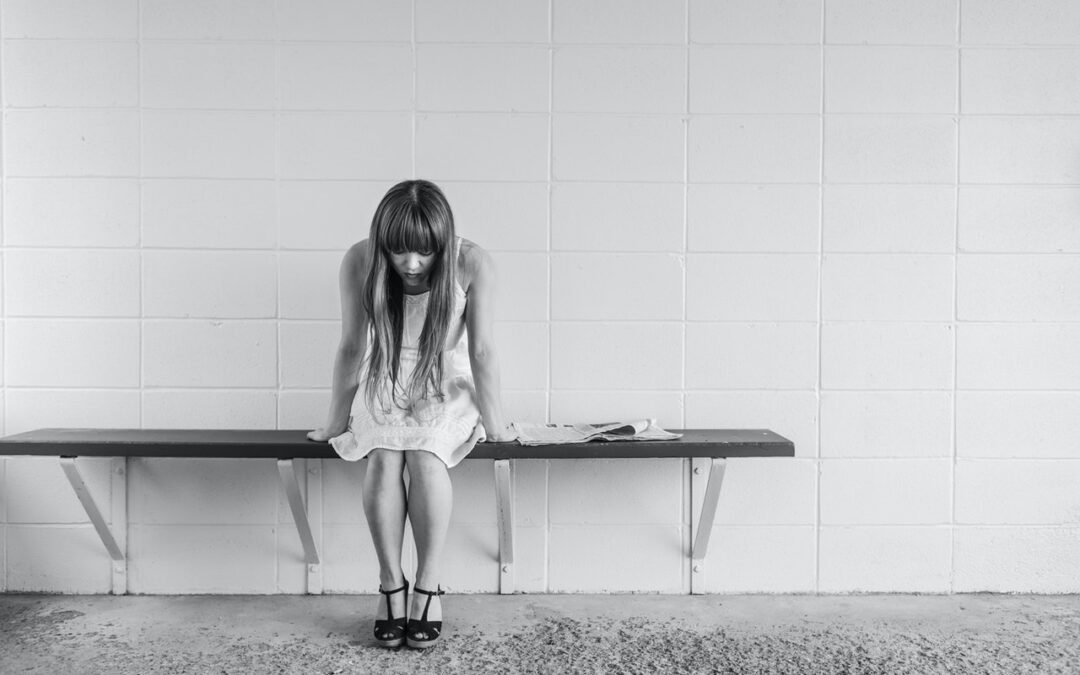
Living in the Shadow of a Child’s Death
What does it mean to live?
The fact that our hearts are beating, blood is flowing, and brains are functioning as we read this means we’re alive, right? But for those of us who have lost a child, I have to wonder if we’re really living?
It doesn’t matter their age or the circumstance of our child’s death.
We stop living when we hear those horrible words, “Your child is dead.” In that dreadful moment, we go from living to merely existing.
Our hearts still beat and our blood still flows. Our brains still think. But every last ounce of our energy and existence is now focused on accomplishing basic functions “normal” people take for granted.
Things like getting up in the morning when all we want to do is hide under the covers in bed. We lay there waiting for our own life to end so we can be with the child we just lost. Or remembering to breathe when we’ve held our breath too long. We hold it trying to fight back the avalanche of despair and flood of tears that threaten to smother us if we let them loose. Things like eating, bathing, or venturing into the outside world. None of those things seem to hold much use or meaning to us anymore.
In some unfathomable way, we continue to exist despite not wanting any part of a world in which our child no longer lives.
Many bereaved parents feel this way for months and years after their child has died. We hear pleas from family, friends, and the outside world to “move on” with our life. In other words, to get back to being the person we were and living the way we once did. But bereaved parents often have no idea how to transition from merely existing to living once more in a world without their child. And some parents simply no longer want to. And for those who don’t, I completely understand.
Years ago, I heard those horrible words, “Your daughter is dead.” On that day, I began my existence as a bereaved parent. And it took me a long time to be able to embrace the idea of living in this world that my daughter is no longer a part of.
So what exactly is the difference between existing and living?
The answer is not so simple. Every person is unique, so every person’s definition of living is unique. And that definition is subject to change over time. My personal definition of living has changed since Margareta died. The act of living for me now has three basic components.
First, I have come to accept that pain is an inevitable and inescapable part of my life. But I can lessen it by recognizing and focusing my energy on the love, joy, sweetness, and opportunities of life that surround me. That is, if I take the time and effort to look for them. Unlike the early days of my grief, I no longer believe the destructive idea that embracing the good things in my life somehow means I’m “okay” with my daughter’s death.
Second, every person on this planet has something they are inherently good at. And I have learned to embrace what I am talented at and passionate about and then using it to help others. In doing this, I become part of something larger than just myself and my existence. It provides purpose and meaning in my life. And finding purpose and meaning has been the biggest source of healing my grief over the years.
Finally, living means consistently trying to be brave enough to keep pushing beyond my comfort zone. Knowing every day may be my last, I must push the boundaries to find new ways of thinking, situations, activities, and adventures that feel nourishing and supportive.
I won’t lie. These things aren’t easy. Depending on how I’m feeling and what is going on at any given time, they can be downright hard. They take continual effort, practice, and intention. And above all, they require me to believe I deserve to be living after the death of my daughter.
For bereaved parents, that belief that we could ever deserve a life with happiness, joy, meaning, and purpose once more is one of the hardest to come by in the shadow of our child’s death.
We must overcome the innate feeling that we failed at the most important part of our lives. We failed to protect our child and keep them from harm – no matter what the circumstances were. It is what keeps us awake at night and makes us think we don’t deserve to feel happiness ever again. It’s what keeps many bereaved parents stuck in despair and hopelessness. They resign themselves to merely existing instead of living.
I can’t recall the moment I started to truly believe I deserved to embrace life once again. But I know it took a lot of hard work processing my grief. And learning to let go of the immense guilt I felt over my daughter’s death. It took reaching out to a network of grief support organizations.
I know full well that living my life will require continual effort, practice, and intention for the rest of my days.
And that’s okay. I do it because I know I deserve to be happy. And because the family that remains by my side deserves to have me fully present in their lives. I do it in honor of my daughter. As long as I am living my life, she is my guiding light, my inspiration, and forever in the forefront of my thoughts. And that’s where I want her to remain.





 This website was inspired by the memory of Margareta Sol Kubitz in hopes of helping others work through the pain of grief.
This website was inspired by the memory of Margareta Sol Kubitz in hopes of helping others work through the pain of grief.